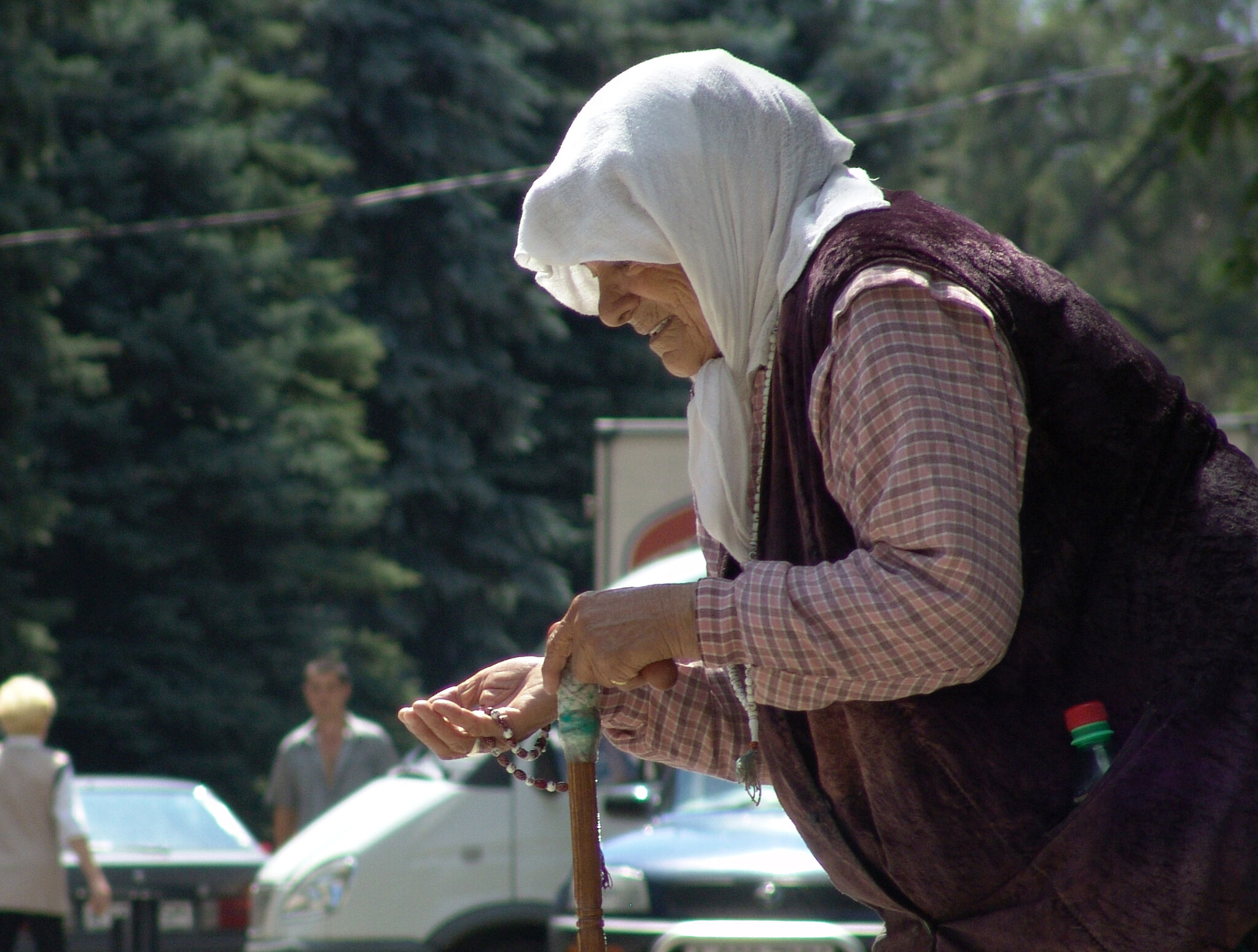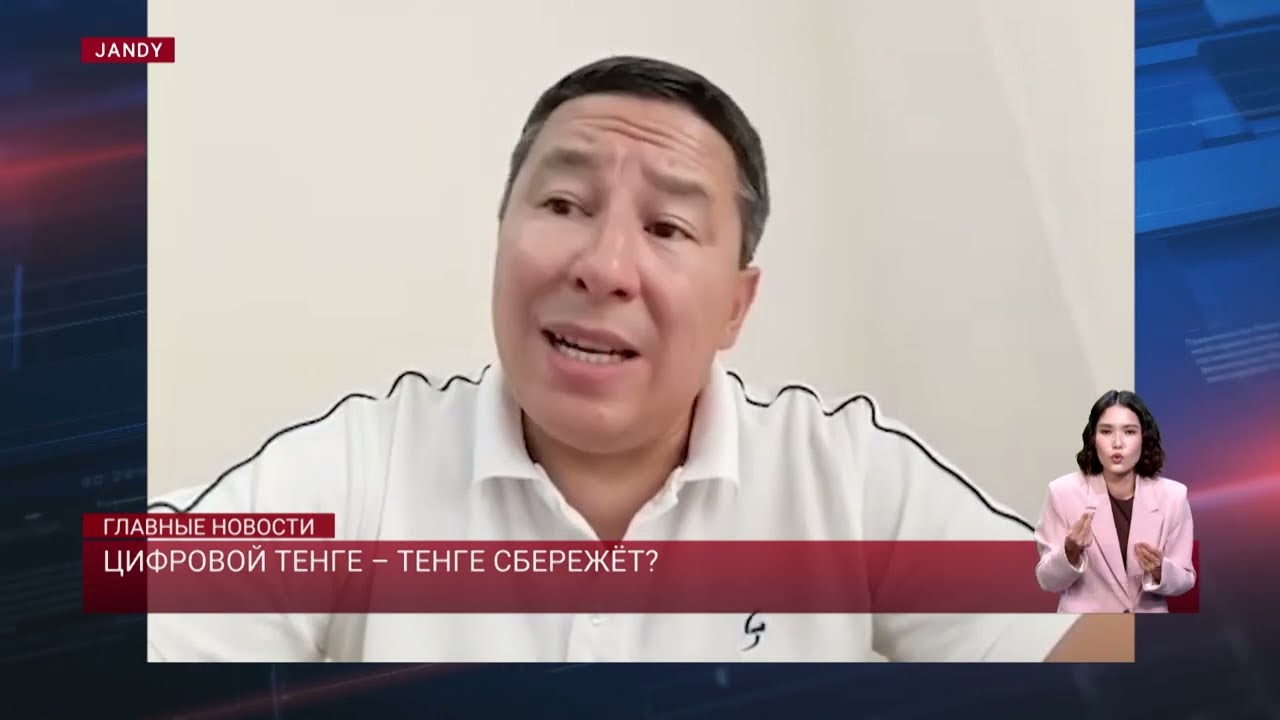But how can you solve the problem of the majority, just by limiting the minority, which does not have such a problem? Most experts believe that the government has long needed to initiate a serious reform of the pension system, rather than feign concern.
Freedom of choice
Economist Rahim OSHAKBAYEV draws attention to the fact that most depositors do not have sufficient savings for a decent pension, so systemic solutions are needed. And simply restricting access to retirement money to those who are already earning normally is not an option.
- I am against the ban on the use of pension surpluses. The point of pension savings is that this money belongs to the depositor himself. After all, these are his personal funds that he is saving for the future. The authors of this idea worry that by withdrawing their pension ahead of schedule, people will be left without funds in old age. But if you look at the real situation, the majority of Kazakhstanis with small savings have already been cut off from the possibility of withdrawing funds due to the increased sufficiency threshold. On the other hand, many of those who have already withdrawn surpluses do not need a pension anyway. The ban will affect only those who are just starting to accumulate decent savings. And then, why can the state take this money without the permission of the people for various projects whenever it pleases, but a person cannot use his savings to solve, for example, the mortgage issue?.. A ban on the use of pension surpluses will not only be unfair, but also ineffective," Rahim Oshakbayev expressed his point of view.
Close the gap immediately!
Financial analyst Andrey CHEBOTAREV is against the idea of using pension surpluses. In his opinion, this undermines the foundation of the pension system.
- I predicted back in 2020 that sooner or later this practice would be stopped. And I am glad that such a question has been raised now. If you allow pension money to be withdrawn, it will make a hole in the pension system through which money will flow into the real economy. Firstly, this is also an inflationary factor: thanks to this money, prices are rising. And secondly, it reduces the future savings of pensioners themselves. I understand that we have a huge crisis of confidence in pension policy in general and in the UAPF in particular, but giving money away is not an option, it does not increase confidence in any way. Despite the fact that not many people use this tool, this is a perversion of the very essence of the pension system. Pension money should only go towards retirement. Why can someone take them off?! Chebotarev argues.
But he also emphasizes that the “hole" is not the biggest pain of a pensioner. The main problem of the UAPF is 1.9 million people who do not participate in the funded system. In old age, they will have only a basic pension, which now amounts to 42,761 tenge.
- This is what the pension fund should do first of all - to increase the trust and involvement of the population. Now almost a third of the budget is spent on pensions. That's a lot. Imagine that current taxpayers are paying pensions to retirees. Do you want our children to pay us a pension that we could not save ourselves?.. The funded pension system is as fair and honest as possible: how much you earned, so much you put aside for retirement. Our children do not have to pay us a pension! This is my opinion," Chebotarev summed up.
They won't make the weather
Deputy of the Mazhilis of the III-VII convocations, Doctor of Economics Amanzhan Zhamalov is confident that the ban on early withdrawal will not change anything in the pension system, since most of those who could take advantage of such an opportunity have already done so.
- Now people in the UAPF do not have a lot of money that can be withdrawn, so this is a question of nothing: if they close this opportunity, it makes no difference. On the contrary, at least what will turn into wrappers tomorrow, people today really have in the form of teeth in their mouths, roofs over their heads, etc. It was one of the wisest decisions of the president! People used this money for good purposes," Zhamalov believes.
The fiasco of the system
After gaining independence, Kazakhstan had a solidary pension system inherited from the Soviet Union. Its main principle is that current taxpayers pay for the pensions of current retirees.
In the late 1990s, the country faced not only a crisis, reduced budget revenues and hyperinflation, but also a massive outflow of the working-age population, which led to the aging of the nation. Therefore, the authorities, on the recommendation of the World Bank, gladly switched to a funded pension system, when the amount of pension does not depend on the budget's capabilities, but only on how much money the retiring employee himself has accumulated in the account.
At the moment, we are in a transitional period. Now pensions are formed from three parts: the basic and solidary parts are allocated from the state budget, and the accumulative part from the UAPF. However, the solidarity part is paid only to those who started working before 1998. Those who were born after 1980 will no longer be paid. Future generations of pensioners will receive only their savings in the UAPF and plus a small basic pension, which is determined by experience. For example, if a person has officially worked for less than 10 years, then the basic pension will amount to only 54 percent of the subsistence minimum, today it is 25 thousand tenge.
Oshakbayev, as confirmation that the government does not see problems there, cites the official statistics of the fund.
And it shows that even if 1 percent of wealthy depositors get “stuffy”, then 99 percent of the rest will not bring retirement happiness, since 60 percent of UAPF depositors, or 6.5 million Kazakhstanis, have savings of only up to 1 million tenge. And this is after 25 years, which the accumulative system celebrated last year! Another 25 percent - from 1 to 3 million tenge, 11 percent of depositors - 3-5 million tenge, 3 percent - 5-8 million tenge. Only 1 percent of depositors have savings of over 8 million tenge! Plus, 1.9 million employed Kazakhstanis do not participate in the funded pension system at all.
By the way, in order for a pensioner to receive at least 200 thousand a month before death, he needs to accumulate about 45 million tenge. And in order to accumulate 45 million to 63 years, you need to work for 45 years and receive at least 900 thousand tenge per month all this time! So the current pension system just breeds poor pensioners. Therefore, it is no secret that by 2040 Kazakhstan will face a serious social crisis.
- All these figures and facts unequivocally condemn the pension system of Kazakhstan: it is untenable and cannot provide a decent pension to the vast majority of Kazakhstanis. Taking into account the demographic forecast and the inefficiency of the accumulative component, I would suggest considering the transition to a solidary pension system, which will be more stable and fair," Oshakbayev comments.
Back to the Future
According to the forecast of the Labor Resources Center of the Ministry of Labor, by 2050 the population of Kazakhstan will grow to 25.5 million people. At the same time, there will be 4.8 working people for each pensioner. According to Oshakbayev, with such a ratio, the solidarity model is effective.
Amanzhan Zhamalov also advocates the reanimation of the solidarity system, which does not depend on the volatility of stock markets.
- The main idea of the current savings system is that the working generation pays contributions that are invested in the stock market and bring annual income that protects savings from inflation and allows increasing the size of the employee's future pension. That is, this whole system is based on the existence of the securities market, on the movement of stocks up and down. And pension asset managers in this global market could earn well. But to always make money on the stock market, you need to be a seer or a substitute for God! Therefore, the funded pension system is ineffective today and will be so for a long time. Last year, the profitability of the UAPF went into negative territory. Please note: this is not about the money of private investors, but about retirement savings, this is a matter of survival in old age. I believe that the state will not be able to remove this social responsibility from itself under any circumstances. It will still be the main respondent in this matter. Therefore, it is necessary to return to the solidarity system. This is the most proven and reliable way," Zhamalov says.
In 2020, the Mazhilismen called on the government several times to return to the solidarity system. But this issue was not even considered. Our interlocutor mentioned the factors preventing a return to the previous model.
- I think it's not because everyone in the government is against it, it's just the inertia of the officials' thinking. It's stuck in our heads that a solidary pension is a scoop, the state is a bad manager, and so on. Under such slogans, we switched to the funded system, although most developed countries of the world still use the solidarity system as the main form of pension provision, supplementing it with elements of the funded system," Amanzhan Zhamalov recalled.
Togzhan GANI, Astana
Author: Тогжан ГАНИ
Source: https://time.kz/articles/ugol/2024/07/10/sistema-budet-plodit-nishhih-pensionerov



